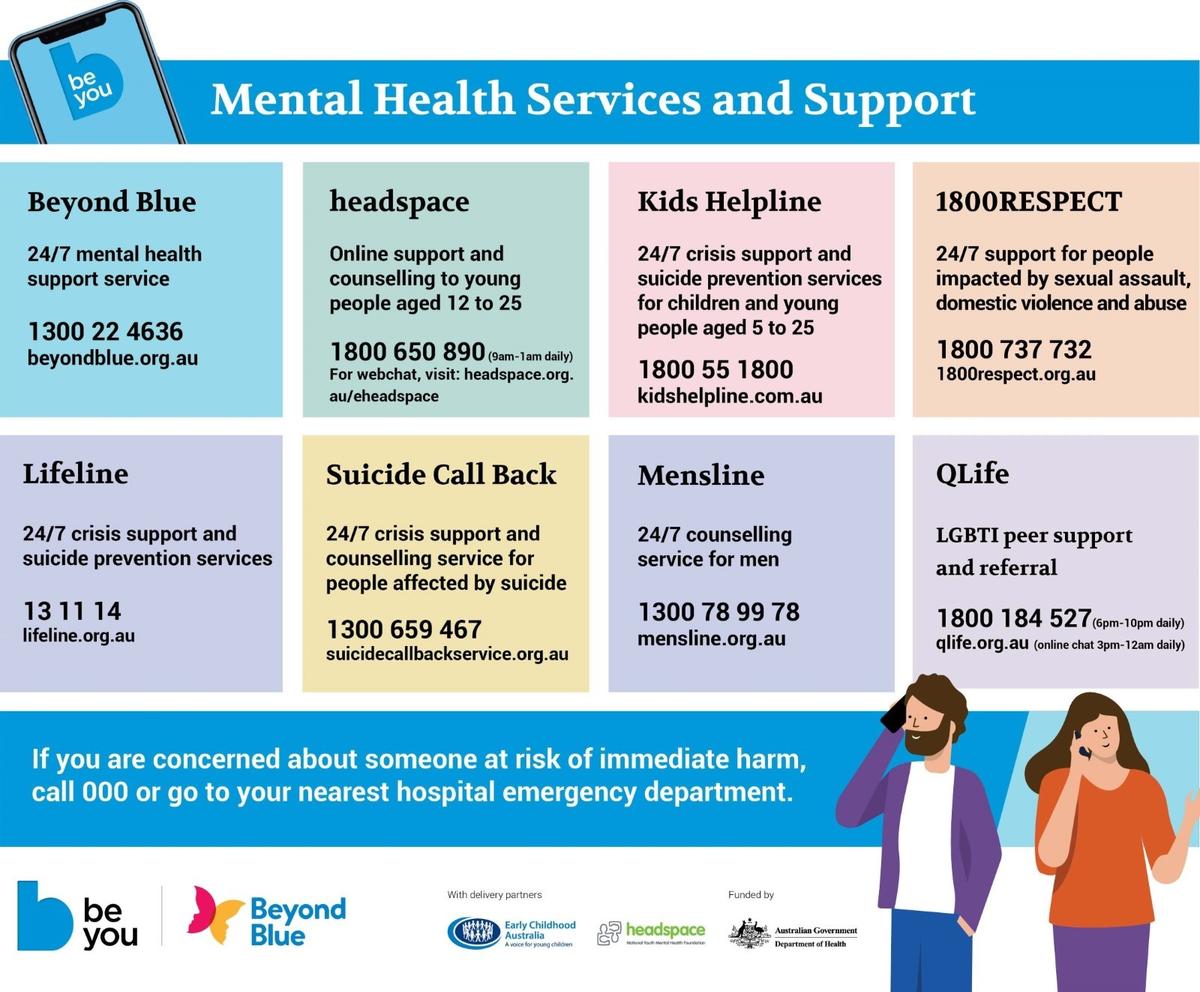The Lowdown with Samantha
Mental Health Practioner

The Lowdown with Samantha
Mental Health Practioner
Helping children transition back to school
There’s no doubt lockdown and remote learning and most recently school closure have been challenging and at times emotional, however, there may also have been wonderful opportunities to connect as a family and to watch your children thrive in a new way. Returning back to school after lockdown may be causing some stress and anxiety for you and your children due to uncertainty and another change of routine.
Supporting children with the return to school and the eventual transition back to life after lockdown, without restrictions, is so important. The longer days, changed routine and structure of school are likely to impact some children more than others, causing stress and anxiety.
The ongoing changes can also take a toll on parents, so it’s vital for you to recognise and acknowledge your own feelings to ensure the mental health and wellbeing of the entire family can be supported.
Here are some tips for keeping your children’s mental health in check, as well as your own.
Reassure your child about the transition back to school and the COVID-19 situation
While the COVID-19 situation has dramatically improved, it’s natural for children to still have worries or feel uneasy about resuming some of the activities they can now go back to, particularly school.
If your child has any ongoing concerns about the safety of school after time away due to COVID-19, reassure them that:
Reinforce routines and habits
While the constant changes make sticking to a routine pretty tricky, it’s still so important to maintain some consistency at home. Here are some simple things you can try:
Create a family schedule and go through it at the start of each week so everyone knows what to expect – it may be a good idea to have it on a whiteboard, so changes can easily be made as restrictions ease and more activities start up again
Schedule dedicated family time – your child is sure to miss all the extra time they had with you while at home
Keep morning and bedtime routines consistent, to help children get a good night’s rest and stay organised each morning. Prepare your child for changes:
Support emotional regulation
Even if your child is excited about returning to school and other activities, the significant change may make it difficult for them to control their feelings and behaviour, requiring some support from you to help them manage.
The return to long, structured school days can cause those dreaded ‘meltdowns’ that may have gone away while at home. To manage these:
Parents also need to make time to regulate emotions – take time out for yourself, allow moments to sit and breathe, and make sure you get some exercise. You may like to incorporate family relaxation sessions into your weekly schedule, eg. Yoga, meditation or a walk outside. It’s the simple things that can often make the biggest difference, particularly if you take the time to enjoy them regularly.
Have family check-ins
It can be beneficial to have family check-ins each week, as a family and validate feelings. During check-ins:
Some further Resources:
Talking to your child about COVID-19 | Coronavirus Victoria
Raising Learners podcast series | Raising Children Network
Raising Healthy Minds | Raising Children Network
Supporting children during the Coronavirus (COVID-19) pandemic (emergingminds.com.au)


Mental health changes over time in response to different stresses and experiences. Remember to reach out to your support networks if unexpected thoughts or feelings arise. Professional support is always available when you need it too